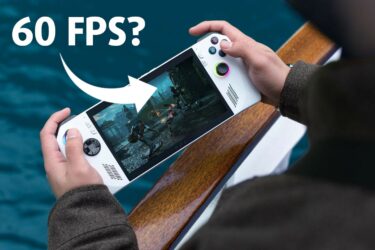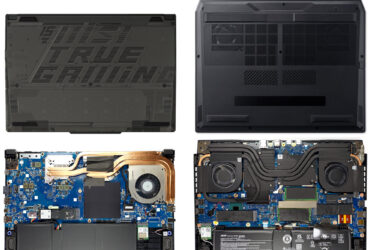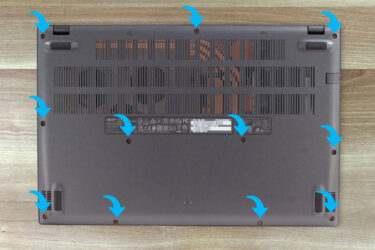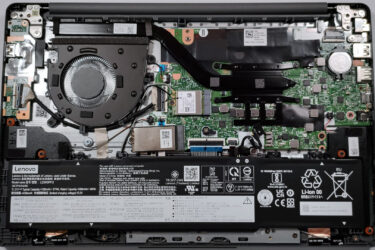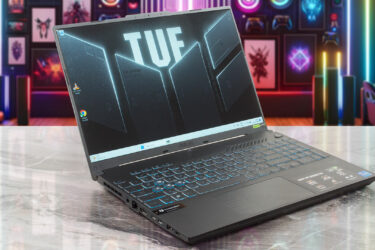The Moto G lineup and battery life
It seems that over the years the Moto G lineup proved itself as one of the most reliable and most wanted in the mid-range smartphone market. As one may validly assume, every next generation offers upgrades. When it comes to battery life, however, the situation is a bit more complex because a bigger battery does not always mean longer battery life. Fortunately for us, we have had the chance to test each Moto G device that has been released thus far, and we can easily juxtapose their battery performance and tell you which one is the most durable.
It was in January 2016 that the first Moto G smartphone appeared. Its battery is 2070 mAh, which does not seem as a lot from a modern perspective but back then the hardware was not so demanding and hence the results were more than pleasing.

| OS | Android 4.4.2 (KitKat) |
|---|---|
| CPU | Qualcomm Snapdragon 400 / 8926 (4-core, 1.20GHz, Cortex-A7) |
| RAM | 1GB RAM |
| Storage | 16GB internal storage |
| GPU | Adreno 305 |
| Display | 4.5-inch (11.43 cm) – IPS, 1280 х 720 pixels (326 PPI) |
| Connectivity | Wi-Fi 802.11b/g/n, Bluetooth 4.0, GPS (a-GPS + GLONASS), MicroUSB 2.0 (with On-The-Go support) |
| Cameras | 1.3MP (front) and a rear 5MP camera with autofocus and an LED flash, 720p HD video recording at 30fps (with stereo sound) |
| Features | Accelerometer, proximity sensor, compass, FM radio |
| Battery | 2070 mAh |
| Profile thickness (thickest point) | 11.30 mm |
| Weight | 143 grams |
It was in September, the same year, when the second Moto G was announced, and it already had a bigger 5-inch display. Additionally, its resolution (HD) and mobile CPU (Snapdragon 400) remained unchanged but the larger screen consumed more energy. This does not seem to have been well thought over because the battery capacity was unchanged – 2070 mAh.

| OS | Android 4.4.4 |
|---|---|
| CPU | Qualcomm Snapdragon 400 MSM8226 (4-core, 1.20GHz, Cortex-A7) |
| RAM | 1GB RAM |
| Sorage | 8GB internal storage |
| GPU | Adreno 305 |
| Display | 5-inch IPS LCD capacitive multitouch display with Corning Gorilla Glass 3 and a resolution of 1280 x 720 pixels |
| Connectivity | Bluetooth v4.0, Wi-Fi 802.11 b/g/n, GPS, A-GPS |
| Cameras | 8MP with autofocus and an LED flash (rear), 2MP (front) |
| Features | two SIM cards (Micro-SIM), microSD card slot (supports up to 32GB), integrated loudspeaker, 3.5 mm audio jack, FM radio, accelerometer, proximity sensor, compass |
| Battery | 2070 mAh |
| Dimensions (W/H/L) | 70.7 x 141.5 x 11.6 mm |
| Weight | 148 grams |
July 2015 – Moto G3 was presented. Now the third generation displayed that the engineers had done their homework and increased the battery capacity to 2470 mAh. On the other hand, the display remained the same – 5″ with HD resolution. Of course, it was only natural that this improved the battery life.
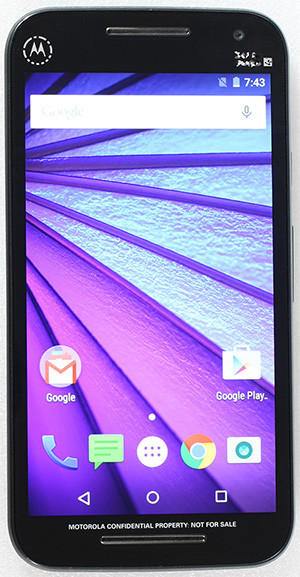
| OS | Android 5.1 Lollipop |
|---|---|
| CPU | Qualcomm Snapdragon 410 (MSM8916) (4-core, 1.36GHz, Cortex-A53) |
| RAM | 1GB RAM (2GBs RAM for the 16GB model) |
| Storage | 8/16GB + microSD |
| GPU | Adreno 306 (400 MHz) |
| Display | 5.0-inch IPS LCD display, 1280×720 p, capacitive |
| Connectivity | Wi-Fi 802.11 a/b/g/n, GPS (A-GPS, GLONASS), Bluetooth v4.0, A2DP, LE |
| Rear camera | 13.0MP, f/2.0, HDR, dual LED flash (with two tones), IR filter/ 1080p at 30 fps, slow motion – 720p |
| Front camera | 5.0MP, f/2.2 |
| Features |
|
| Battery | 2470 mAh |
| Dimensions (W/H/L) | 141.9 x 72.3 x 11.2 mm |
| Weight | 154 grams |
Here we are with the latest Moto G representative, which was announced back in May this year. We are talking about the Moto G4 which also has a Plus version. It seems that the differences over the last generation are even more drastic. For example, the display is now 5.5-inches and Full HD. As far as the mobile processor is concerned, we are dealing with the more powerful octa-core Snapdragon 617. All this obliges the manufacturer to provide an even bigger battery, which here is 3000 mAh. But is this enough to match the Moto G3’s performance or exceed it?
| OS | Android v6.0 (Marshmallow) |
|---|---|
| CPU | Qualcomm Snapdragon 617 MSM8952 (4-core, 1.5 GHz Cortex-A53 & 4-core, 1.2 GHz Cortex-A53) |
| RAM | 2GB |
| Internal storage | 16/32/64GB |
| GPU | Adreno 405 |
| Display | 5,5-inch IPS capacitive multitouch display (1920 x 1080 p), Corning Gorilla Glass 3 |
| Connectivity | Bluetooth v4.1, A2DP, LE, Wi-Fi 802.11 ac, GPS, А-GPS |
| Cameras | 13MP with autofocus and an LED flash (rear), 5MP (front) |
| Features |
|
| Battery | 3000 mAh |
| Dimensions | 153 x 76.6 x 9.8 mm |
| Weight | 155 grams |
The table below includes all above-described Moto G models and their battery durability in several tests. You can decide for yourselves.
You can browse through all available Moto models here: http://amzn.to/2cNHJ6L
| test/model | Moto G | Moto G2 | Moto G3 | Moto G4 |
| Phone call | 810 min. | 707 min. | 1276 min. | 1460 min. |
| Wi-Fi Web browsing | 571 min. | 479 min. | 610 min. | 618 min. |
| 3G Web browsing | 468 min. | 414 min. | ||
| Video playback | 560 min. | 417 min. | 671 min. | 606 min. |
| 3D gaming | 242 min. | 235 min. | 324 min. | 276 min. |





